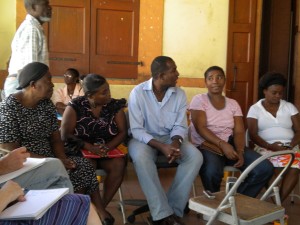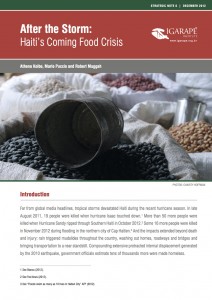Press release from the IJDH.
Court’s order that Jean-Claude Duvalier appear in court is another victory for the victims
 The Bureau des Avocats Internationaux (BAI), in its mission to defend Haiti’s poor and the inalienable rights inherent to all human beings, considers the appellate court’s reiteration on February 7, 2013, of the summons to Jean-Claude Duvalier to personally appear in court another victory for his victims.
The Bureau des Avocats Internationaux (BAI), in its mission to defend Haiti’s poor and the inalienable rights inherent to all human beings, considers the appellate court’s reiteration on February 7, 2013, of the summons to Jean-Claude Duvalier to personally appear in court another victory for his victims.
Additionally, this was the first time that the Court recognized Jean-Claude Duvalier’s status as the accused, so his personnel appearance at a hear set for February 21, 2013, will be required or he risks arrest. According to lawyer Mario Joseph of the Bureau des Avocats Internationaux, one of the victim’s lawyers, “the Court’s order is also a victory for the victims claiming civil damages because the Court also confirmed our standing as civil claimants despite efforts from the lawyers for the accused to derail the process. Their strategy was to block Duvalier from appearing before the court to be questioned.”




